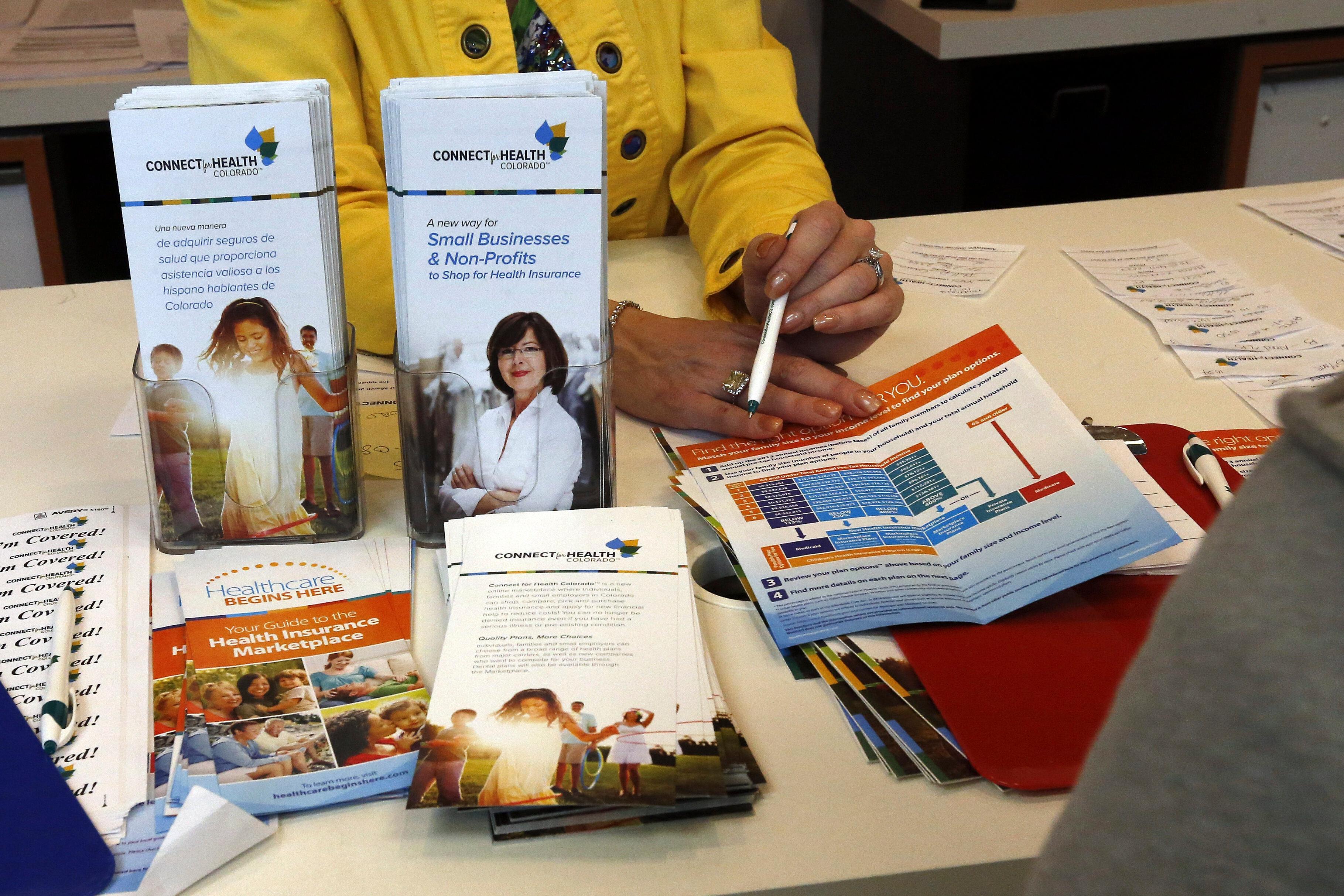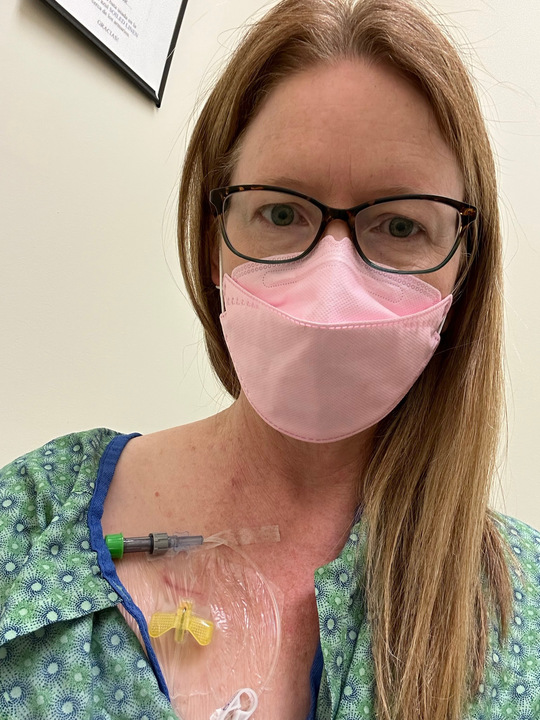
Congress failed to extend tax credits to help people pay for health insurance on state marketplaces. Now hundreds of thousands of Coloradans will see their costs double.
The Colorado Division of Insurance said Monday that about 225,000 people will see an average 101 percent increase in health insurance premiums for their 2026 plans. It released final approved premium information on 2026 private health insurance plans for the individual market, where people who don’t get coverage from an employer plan can purchase their own. The coverage is sold on the state’s marketplace, called Connect for Health Colorado.
The division estimates the premium hikes will force about 75,000 Coloradans to dump their insurance altogether, thus causing them to lose ready access to health care.
Denver resident Chelsey Baker-Hauck runs a consulting business and gets a subsidy to help pay for her insurance. She told CPR in an interview that because Congress did not renew the subsidies, she thinks her insurance could cost a thousand dollars or more a month.
“Covering $700 a month would be a hardship. A thousand dollars is almost as much as my mortgage. $1,400 is more than my mortgage. I just wanna cry, honestly,” Baker-Hauck said.
The subsidies, called enhanced premium tax credits, help her pay for a number of medications for a heart condition that arose after she developed Long COVID. She spoke as she was at the doctor’s office getting an IV infusion of immunoglobulin, a treatment she gets every two weeks to help bolster her immune system.
“The main message to Coloradans is that we still need Congress to act,” said Insurance Commissioner Michael Conway. “We still need Congress to do its job and help them.” He said the state is committed to making sure that it will do everything it can to implement an extension if Congress can get something passed.

He noted that the tax subsidies have helped lower health insurance costs for Americans since 2021. They are set to expire at year’s end. The lost tax credits account for most of the premium increases consumers will see as they shop and sign up for insurance during open enrollment, which starts November 1.
The federal shutdown is showing no signs of ending soon, with both sides apparently dug in and little sign of any negotiation on the tax credits at the heart of their dispute.
Tax credits are “subsidizing bad policy,” Republican House Speaker Mike Johnson told reporters on Monday, adding that Republicans have a “long list of ideas” to handle health care costs. “We believe in the private sector and free market and individual providers.”
The state division said insurance filings had been reviewed and updated to reflect new laws passed by Colorado lawmakers that eased some of the premium increases. Democrats in Washington have been pushing for the tax credits to be restored for months.
Baker-Hauck, who is an unaffiliated voter, said she currently pays $239 a month for her health insurance — that’s after getting a $313 tax credit. She said she expects to get a letter from the state soon, which will explain that her monthly payment will now spike above $1,000 a month.
“I mean, I don't know how anybody could make that work. I've made it work this far by borrowing from savings. Savings is now gone,” said Baker-Hauck, who noted she and her husband are considering what to do next.
“We have credit card debt now, which we haven't had in 20 years. We're talking about getting a (home equity line of credit) on our house to pay for some of this,” she said. “But honestly, I don't know how we could pay that off. So I don't know that that's really a viable option. I don't know. I don't know. I'm stuck.”
Conway said the insurance increases will give consumers statewide sticker shock.
A family of four with an annual income of about $128,000 will no longer qualify for any financial assistance if the tax credits are not extended. They can expect health insurance premiums to increase by about $14,000 a year for a standard “silver” plan if they live in the Denver metro area, the state said in a release. A family of four with the same income living on the Western Slope, Grand Junction, southwest Colorado, the San Luis Valley, or the eastern plains will see a premium increase of over $16,000 annually to nearly $21,000 for the same plan.
“It's going to hit really hard in the rural parts of the state where our hospitals already are struggling, where our hospitals already are feeling the crunch from the Medicaid cuts that are coming and this now on top of it,” Conway said.
Others are also warning that Coloradans will be unpleasantly surprised when they start getting emails alerting them of the price hikes.
“It’s clear why premiums are skyrocketing and why Coloradans will be shocked when they go shopping for insurance this open enrollment,” said Mannat Singh, executive director of the Colorado Consumer Health Initiative, in a press release, which also accused Trump and Congressional Republicans of gutting health care coverage for families and small businesses.
- As government shutdown drags on, worry grows about impact if health care subsidies don’t get renewed
- Colorado joins new public health alliance in face of Trump administration’s remaking of federal health infrastructure
- Prices through marketplace health insurance could double as government shutdown dispute digs in








